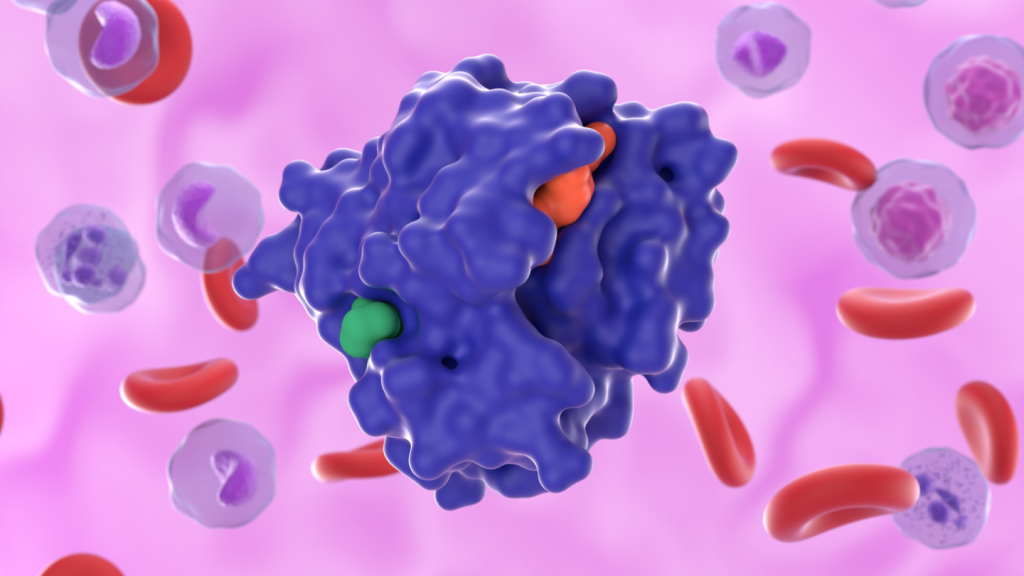The UK has re-joined the EU’s Horizon Europe science research programme after the country’s post-Brexit absence and long-stalled talks.
British scientists will now be able to apply for grants and bids to take part in Horizon Europe projects, based on the UK Government’s 7 September announcement.
As an EU member state at the time, the UK was part of the EU’s past Horizon 2020 research funding programme. This programme has since been succeeded by Horizon Europe, which uses its budget of €95.5bn to support research across the region. The programme not only offers funding for research but also provides a chance for collaboration across Europe and beyond such as Armenia, Israel, and New Zealand.
“The UK’s decision to re-join the Horizon Europe funding programme will be welcomed warmly by researchers across the EU and Great Britain today,” said Dr. Harshil Patel, head of scientific development at Seqera Labs after the announcement.
“Tackling the many challenges facing humanity in the 21st century requires international collaboration that sees past borders, uniting our innovative research sectors to improve human health through cutting-edge discoveries in RNA vaccines, DNA analysis and more."
Whilst the UK was initially supposed to be a part of the programme as an associate, its membership was halted by disagreements with the EU over the future of trade rules in Northern Ireland. While a breakthrough in the Northern Ireland talks opened the possibility of readmission, the process faced further delays as reported by outlets at the time.
However, the country has now re-joined the scheme and will be a fully associated member of the programme until it concludes in 2027, based on the 7 September announcement.
The UK will start financially supporting the Horizon Europe scheme only in January 2024. Furthermore, the UK will also have a new automatic clawback that gives it compensation rights in case that British scientists receive less funding from the programme than what the country will invest.
The European Commission estimates that the UK will pay almost €2.6bn per year for its participation in Horizon Europe and the Copernicus earth observation programme, which the country will also rejoin, based on a 7 September European Commission press release. However, the country will not rejoin the EU’s atomic Euratom programme.
“We have worked with our EU partners to make sure that this is the right deal for the UK, unlocking unparalleled research opportunities, and also the right deal for British taxpayers,” said UK Prime Minister Rishi Sunak in the statement.
The political agreement must now be approved by the European Council before being formally adopted in the EU-UK Specialised Committee on Participation in Union Programmes, per the European Commission’s statement.
















